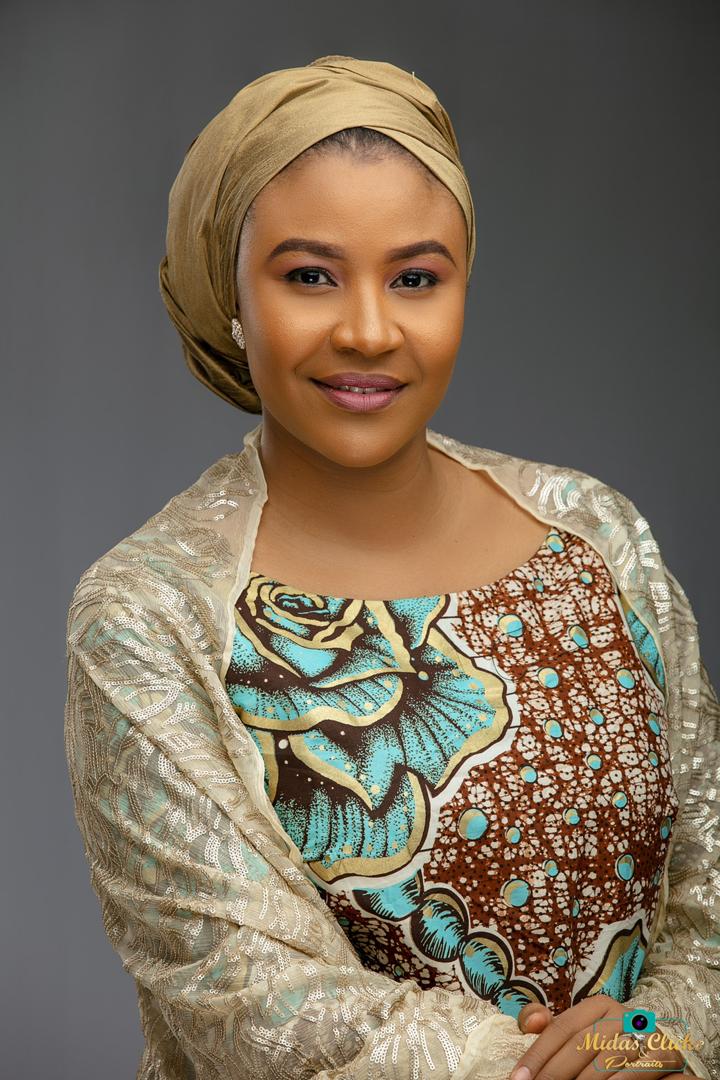Child Education: An Obligation, not an option
Children all over the world and especially in Nigeria, no matter their social status, socio-economic situation, circumstance or location have the absolute right to be part of a society that provides access to quality education that gives them a chance at being a positive index for developmental growth The challenge according to the United Nations […]

Children all over the world and especially in Nigeria, no matter their social status, socio-economic situation, circumstance or location have the absolute right to be part of a society that provides access to quality education that gives them a chance at being a positive index for developmental growth
The challenge according to the United Nations Children’s Fund, UNICEF, recently published report, estimates that one in every five of the world’s out-of-school children is in Nigeria.
The 2018-2019 school census and personnel audit put the out of school children figures in Nigeria at approximately 10.2 million with nine of the nineteen Northern states considered as endemic.
Even though primary education is officially free and compulsory, children aged 5-14 years are technically not in a functional school system,with Only 61% of 6-11 year-olds regularly attending primary school and only 35.6% of children aged 36-59 months receive early childhood education.
Consequential factors such as Gender, geography and poverty are extremely important in the systematic patterns of educational marginalisation in Nigeria.
This reflects drastically as States in the north-east and north-west have a female primary net attendance rates of 47.7%and 47.3%, respectively. Thus, it translates that about half of the girls in Northern Nigeria are not in school.
Educational deprivation in Northern Nigeria is driven by various factors including but not limited to economic barriers and socio-cultural norms and practices that discourage attendance in formal educational settings especially for girls and would require a paradigm shift in the advocacy approach to change the narrative.
We at AYAHAY Foundation, AF, believe that if we can not get a larger percentage of the populace educated within the resources available we can at least strive to have a literate population.
As Executive Director, I am committed to educational development programmes that are sustainable and can be scaled; with a particular emphasis on improving access to quality education and developing advocacy strategies for equitable learning opportunities for all children of school age in Nigeria especially in the North.
Our “Vision” is to educate children from under-resourced communities to develop essential knowledge and life skills and to explore creative solutions that improve equity and excellence in education. AF is determined to achieve a society where children have equitable learning opportunities and improved access to education across under-resourced communities in Nigeria. We are developing a Community Cluster Learning Center Model to be piloted in Zamfara and Kano States, aimed at teaching the 3Rs (Reading, Writing and Arithmetic) using Information and Communication Technology (ICT).
All of our previously implemented developmental projects in hard to reach and under-resourced communities have been geared towards increasing school enrollment, improving school attendance and quality of service delivery from the teachers. We give six year scholarships per child to indigent children to guarante secondary school level education; another laudable project is the construction of eco-friendly and sustainable classroom blocks for IDPs camps in Durumi, Abuja; and Yola, Adamawa State. These and some other projects form the bedrock of what we hope to achieve in a grand scale to significantly reduce the out of school children numbers.
The Foundation is currently working to pilot community cluster learning centers in Zamfara and Kano States. If successful, the goal is to scale up to 1000 cluster learning centres across Nigeria within the next 10 years to cater for 80,000 children, 20,000 mothers and 10,000 almajiri children. We shall monitor the developmental performance of these vulnerable children and mothers and if necessary refer severe cases to other specialized service providers. Also sustainable and profitable means of livelihoods is an integral component of the program.
Maryam Augie-Abdulmumin is the Executive Director, AYAHAY Foundation and she penned this Opinion
